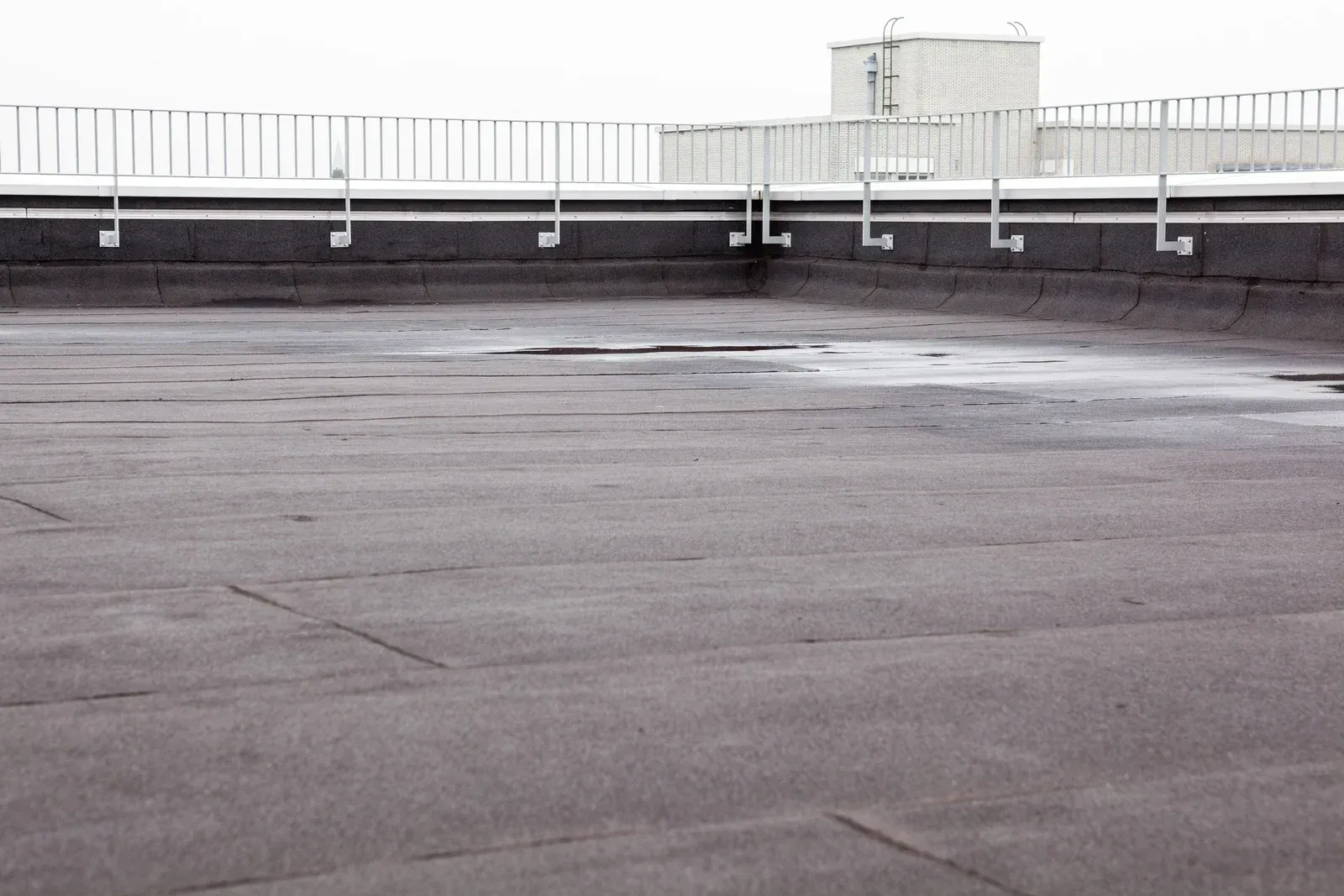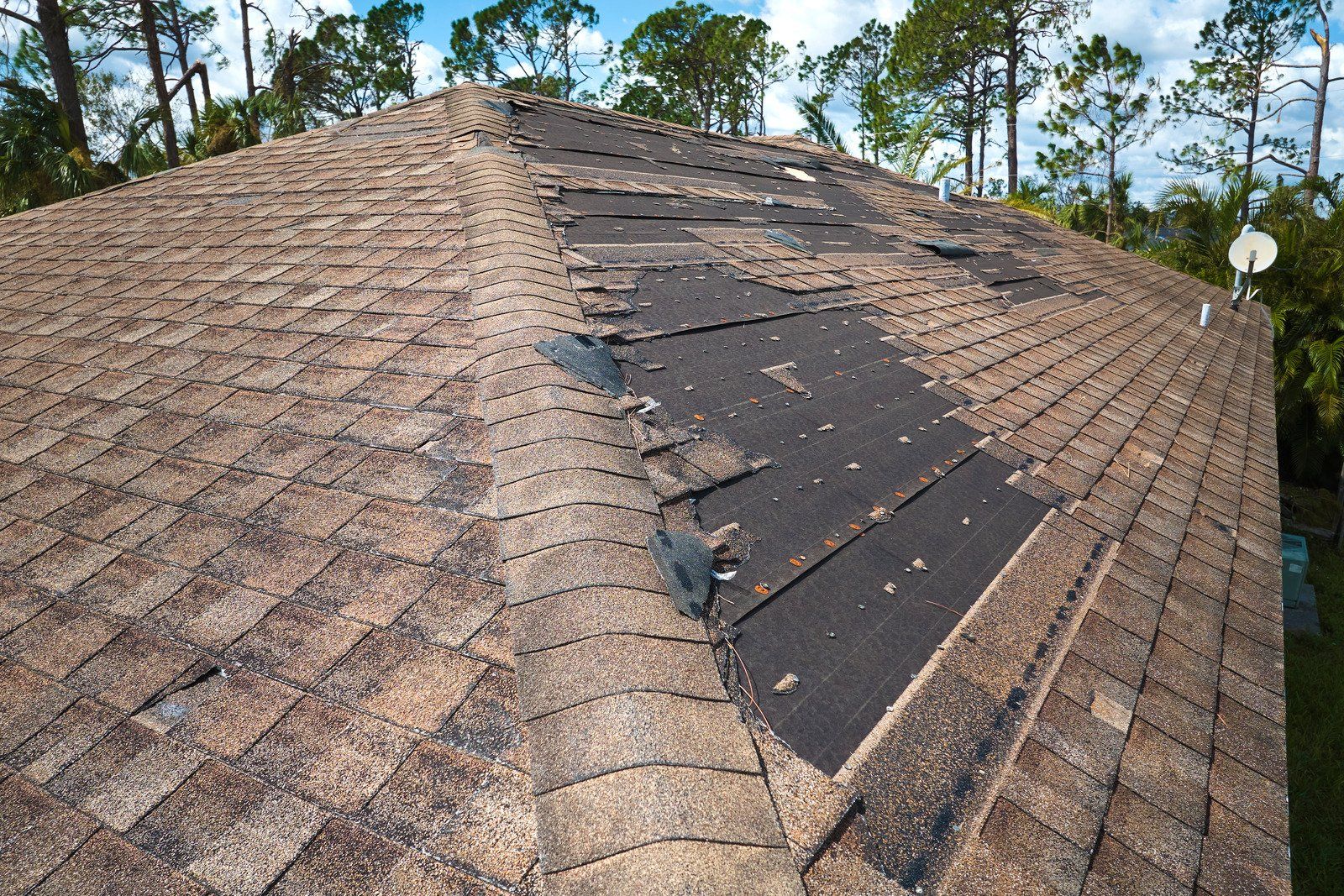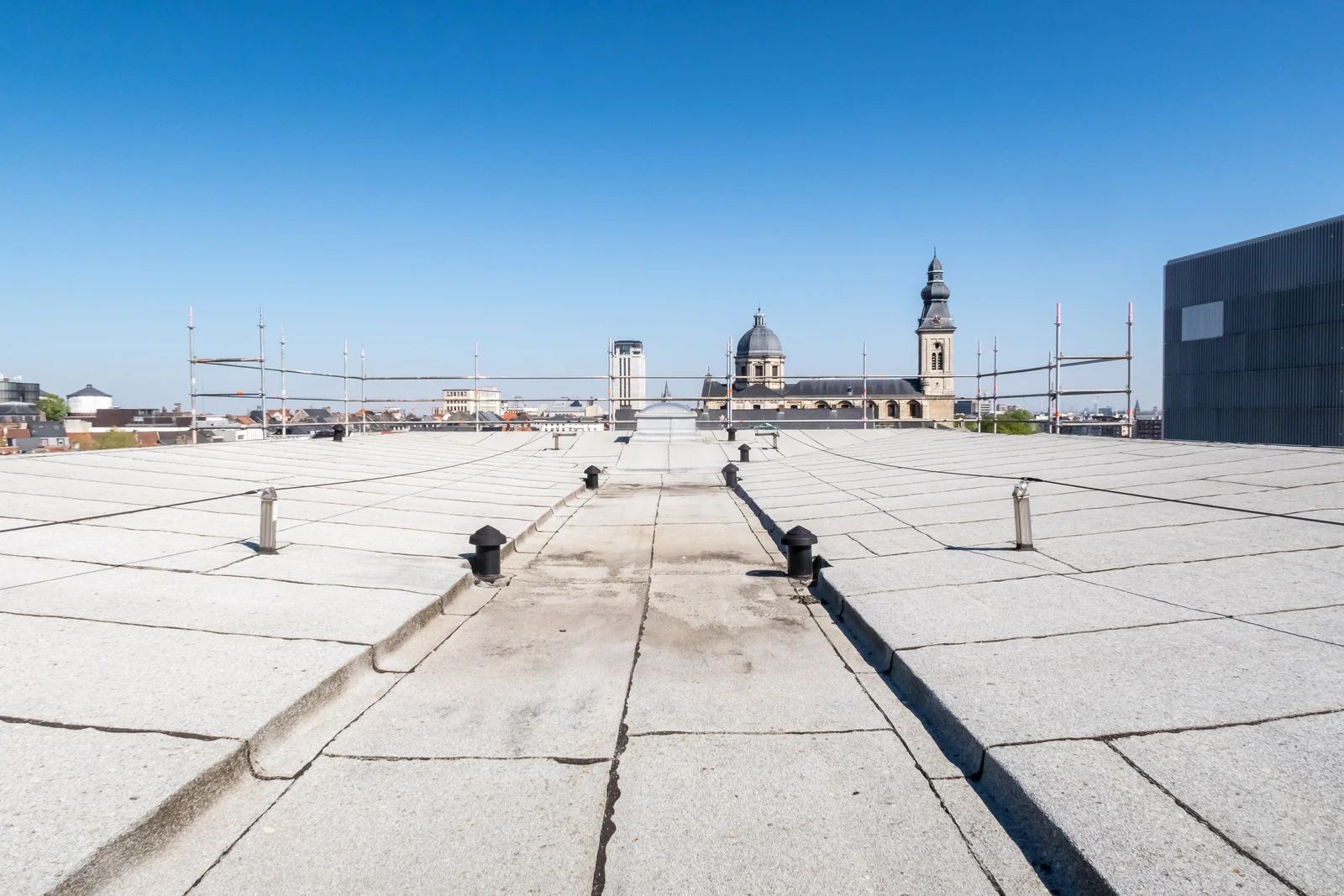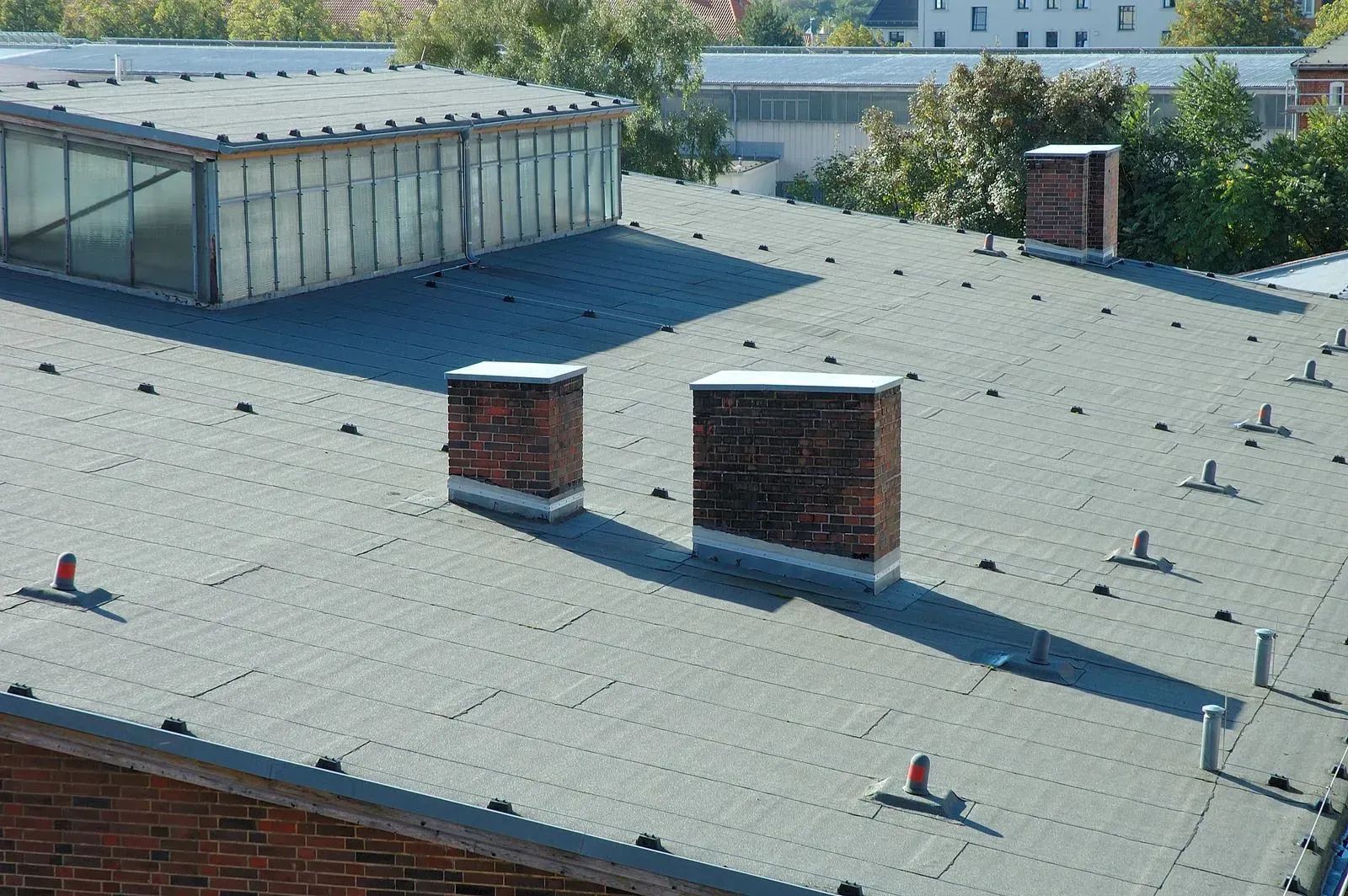Flat vs. Pitched Roofing: Best Options for Commercial Properties in Connecticut
July 17, 2025

When choosing the right commercial roofing system for a property in Connecticut, property owners must weigh both functional and financial considerations. Two of the most common roofing structures—flat and pitched—offer distinct advantages based on building design, usage, and long-term goals. Connecticut’s unique climate, with its cold winters, snow accumulation, and seasonal rain, adds another layer of complexity to this decision. Commercial building owners, especially in areas like Southington, must carefully evaluate which option aligns best with their needs, budget, and the building's architectural design. Understanding the pros and cons of flat versus pitched roofing can help property owners make an informed and strategic investment in their roofing system.
1. Installation and Initial Cost
Flat roofs are generally more affordable to install, especially on larger commercial buildings. Their simple design requires less material and labor, which can lead to upfront savings. Pitched roofs, on the other hand, require more complex framing and roofing materials, increasing the initial installation cost. However, the added expense may be justified by other benefits, including longevity and drainage.
2. Water Drainage and Snow Management
One of the key concerns for commercial properties in Connecticut is how a roofing system handles water and snow. Pitched roofs naturally allow snow and rain to shed off the surface, reducing the risk of pooling and leaks. Flat roofs require a reliable drainage system to prevent standing water, which can lead to structural issues if not properly maintained, especially during winter.
3. Maintenance and Accessibility
Flat roofs offer easier accessibility for maintenance, HVAC repairs, and equipment installation. Commercial buildings with flat roofs often use the rooftop for mechanical systems, signage, or solar panels. Pitched roofs, while more difficult and costly to access, typically require less frequent maintenance due to better natural drainage and reduced exposure to standing water or debris accumulation.
4. Aesthetic and Structural Considerations
The choice between flat and pitched roofs may also depend on aesthetic preferences and building design. Flat roofs provide a modern, clean-lined appearance ideal for industrial and contemporary structures. Pitched roofs can offer a more traditional or architectural appeal and are sometimes preferred for retail spaces or offices aiming to blend into a residential neighborhood or historic district.
In Connecticut’s varied climate, both flat and pitched roofs can be effective for commercial properties when properly installed and maintained. The choice ultimately depends on your building’s structure, usage requirements, and long-term maintenance plans. Working with a
trusted roofing professional ensures that your roofing system is tailored to your property’s needs and environmental challenges.
While DIY checks are useful, having your roof evaluated by a professional annually ensures no problem goes unnoticed. A trained roofer can spot early signs of wear, reseal flashing, repair minor damage, and ensure all components of your roofing system are in good condition. Professional maintenance not only extends your roof’s lifespan but also preserves your home’s value and structural integrity.
Valley Roofing LLC is a trusted roofing company based in Southington, Connecticut, with over over 35 years of experience. We specialize in commercial roof installation, offering expert guidance on both flat and pitched roofing systems. Our team helps property owners choose solutions that combine durability, weather resistance, and design, ensuring long-term performance and protection for Connecticut businesses.






